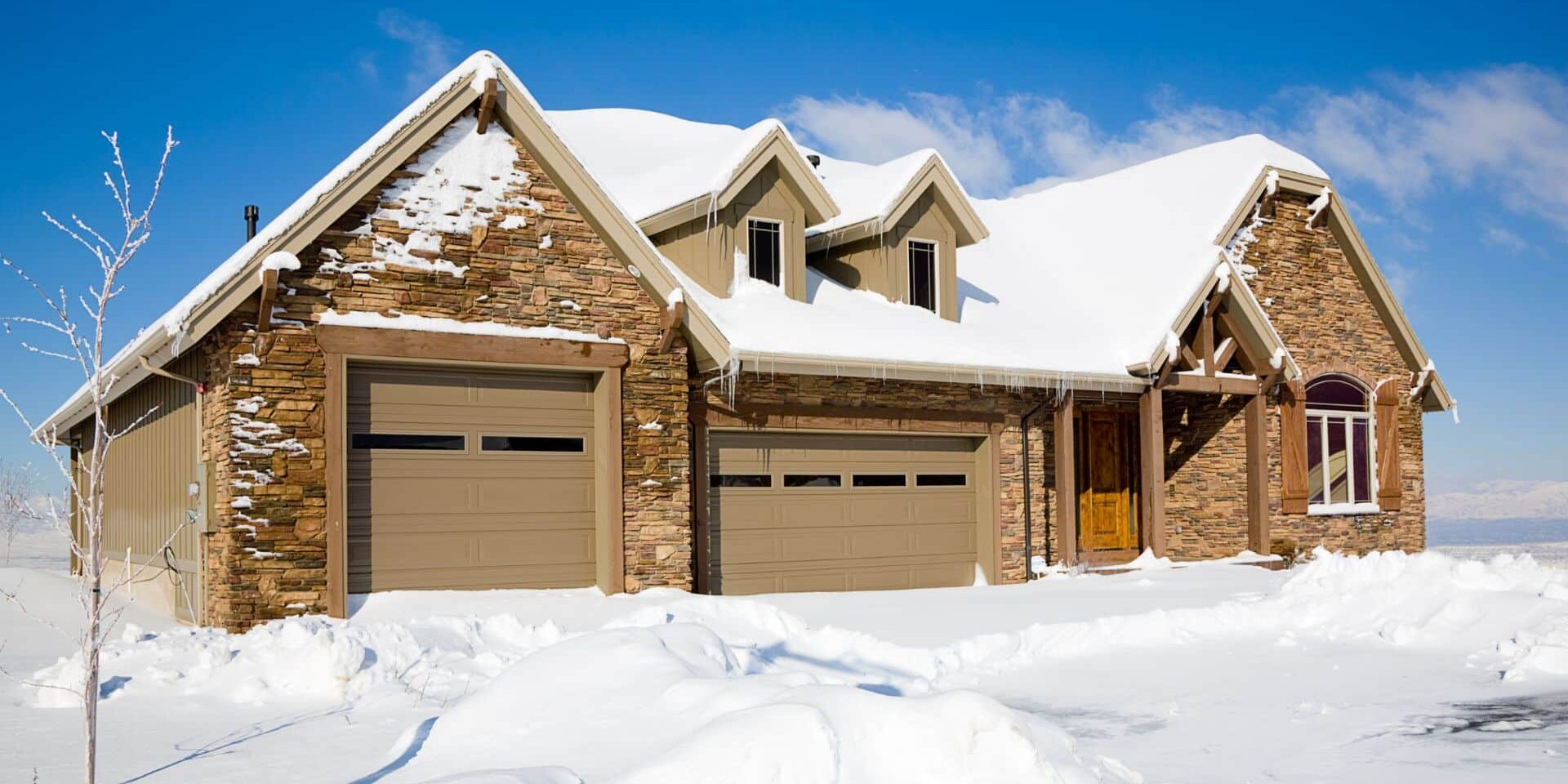When we think of home insulation, we often focus on walls, roofs, and windows, but there’s one crucial area that’s frequently overlooked: the garage door. The insulation in your garage door plays a significant role in enhancing the energy efficiency and comfort of your home. In this article, we’ll explore the importance of garage door insulation and how it can benefit your household.
The Basics of Garage Door Insulation
Insulating garage doors involve adding a layer of material within the door to create a thermal barrier. This barrier helps to regulate the temperature inside your garage and, by extension, the adjacent areas of your home. Insulated garage doors are typically constructed with multiple layers, with an insulating core between them. Common insulation materials used include polystyrene and polyurethane.
Energy Efficiency: Keeping the Elements at Bay
Energy efficiency is a critical aspect of modern home design. Proper garage door insulation is a key factor in maintaining a comfortable and energy-efficient environment within your home. Here’s how it contributes to your energy efficiency:
Temperature Regulation: Insulation acts as a barrier against external temperatures. During the winter, it helps retain heat, keeping your garage and any adjacent living spaces warmer. In the summer, it prevents excess heat from penetrating, helping to maintain a cooler environment.
Reduced Energy Costs: An insulated garage door can lead to significant energy savings. It reduces the strain on your home’s heating and cooling systems, ultimately lowering your energy bills.
Enhanced Comfort: Insulation helps stabilize temperatures in your garage, making it a more comfortable space for activities, such as workshops or home gyms. It also prevents extreme temperature fluctuations that can affect your home’s overall comfort.
Protecting Your Belongings: Insulation can protect items stored in your garage from extreme temperatures. It prevents items from freezing, melting, or deteriorating due to temperature fluctuations.
Less Drafts and Noise: An insulated garage door minimizes drafts, which can affect the temperature of your garage and the adjacent rooms. It also reduces noise from the street or your neighbor’s activities, contributing to a quieter, more peaceful home.
Choosing the Right Insulation
When it comes to insulating garage doors, you have options. Polystyrene insulation provides good insulation at a cost-effective price point, while polyurethane insulation is more effective but typically comes with a higher initial investment. The choice depends on your specific needs and budget.
Installation and Maintenance
Insulating an existing garage door or choosing an insulated replacement is a wise investment. If your garage door isn’t already insulated, it’s advisable to consult a professional for the installation. They can ensure that the insulation is installed correctly, maximizing its effectiveness.
Regular garage door maintenance is also crucial to ensure that your garage door insulation remains in good condition. Keep an eye out for any wear and tear and address it promptly to maintain the door’s energy efficiency benefits.
Garage door insulation is not only about maintaining the right temperature in your garage but also about enhancing the overall energy efficiency and comfort of your home. By investing in proper insulation, you can save on energy costs, create a more pleasant living environment, and protect your belongings. Whether you’re looking to replace your garage door or upgrade its insulation, remember that a well-insulated garage door is a valuable addition to your home that will pay dividends in the long run.







